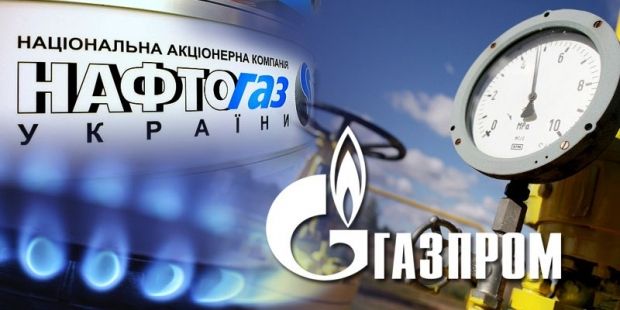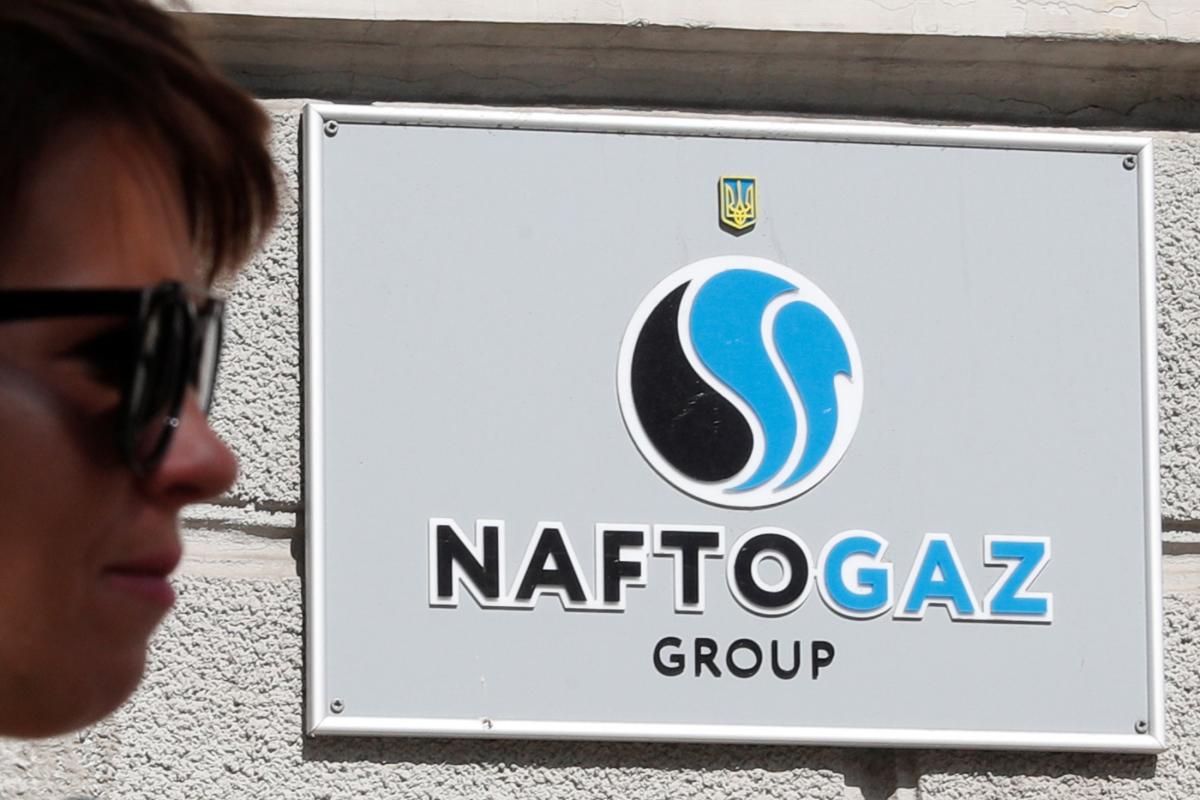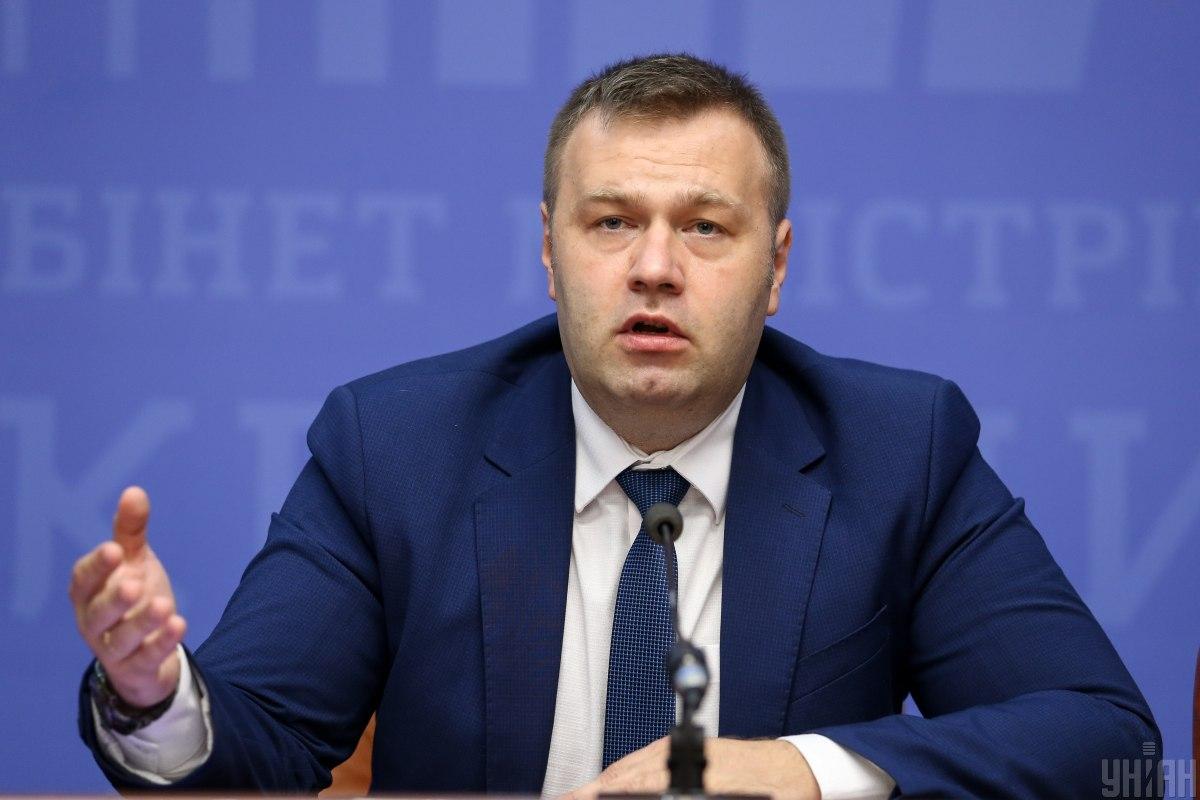
Gas talks in Brussels. Ukraine holding ground against Russia's ultimatum
In Brussels, another round of trilateral Ukraine-EU-Russia negotiations on gas transit via Ukrainian pipelines has completed without yielding any significant results. Once again, Russia put forward a number of ultimatum-type conditions, while the European Union expressed disappointment over such a stance. At the same time, chances remain for the sides to ultimately reach an agreement.
Yet another round of talks on a new transit contract between Ukraine and Russia after 2019 was held in Brussels with the mediation of the European Commission. The Ukrainian side was led by Minister of Energy and Environmental Protection of Ukraine Oleksiy Orzhel, the Russian delegation was headed by Energy Minister Alexander Novak, with the EC's moderator being its Vice President Maros Sefcovic.
The importance of these negotiations cannot be overestimated. Gas transit annually brings Ukraine about US$3 billion in foreign currency, and, as NJSC Naftogaz of Ukraine has repeatedly said, plays an important role in deterring the full-fledged invasion of the Russian army in Ukraine.
Moreover, in the event of a complete cessation of transit, the likelihood increases of emergency situations related to public utility services across Ukraine during the heating season. Despite the record gas reserves of 21 bcm, piled up in Ukrainian storages, in the absence of transit, in some cities, in the conditions of severe frosts, heating issues may arise due to the peculiarities of the national gas transmission system.
In addition to the obvious benefits to Ukraine, the domestic GTS also has an important function in the stable energy supplies to Europe and has several advantages over the pipes being built by Russia.
Chief of Gas TSO of Ukraine, Serhiy Makogon, said the Ukrainian gas transmission system recently increased gas pumping to the EU from 199 million to 262 million cubic meters per day, that is, added 60 million cubic meters per day, which is almost a third of the capacity of the Russian Nord Stream pipeline.
According to the official, Nord Stream cannot offer such flexibility in supplies and won't be able to cover significant fluctuations. Therefore, Europe will have to use other tools, which will be reflected in the ultimate price of gas for their consumers.
Thus, Ukraine's position is constructive: the government guarantees stable gas supplies to European consumers using a modern gas transmission system that outperforms Gazprom's pipelines in all respects, and in return it urges European standards to be applied to future contracts, according to which Russia works with all EU countries.
However, on this battlefield, Ukraine is confronted by an extremely insidious enemy – Vladimir Putin.

Europe's disappointment
During the latest stage of negotiations held in Brussels Oct 28, European Commission Vice-President Sefcovic put forward proposals to the parties on the volume, terms and tariffs of gas transit. Also, he stressed that the future contract should be based on European law.
At the same time, he noted that the Russian side did not support his proposal, since for Russia the issue of judicial arbitration with Ukraine is no less important than questions related to the parameters of a future contract.
In this regard, Sefcovic recalled that "time is running out".
It is worth recalling that at the end of February 2018, the Stockholm Arbitration ruled in Naftogaz favor in a gas dispute with Gazprom, obliging the Russian monopoly to pay $2.6 billion to the Ukrainian company.
Moreover, in the summer of 2018, Naftogaz filed a new lawsuit with the Stockholm Arbitration Court demanding that it revise the tariff for gas transit under a contract with Gazprom. Naftogaz estimates its claims at more than $12 billion.
Sefcovic said he was disappointed with the results of the latest stage of negotiations. At the same time, he noted that, despite the lack of solid results, the parties nevertheless agreed to intensify bilateral contacts, as well as to hold another meeting in November. He expressed hope that the parties will find a balanced solution.

Ukraine's stance
Minister of Energy and Environmental Protection of Ukraine Oleksiy Orzhel said that Ukraine supported the proposal of the European Commission on the scope and timing of a future transit contract with Russia.
"We fully support the position of our European partners, given Ukraine's clear position on ensuring security of supplies in the region, ensuring stable supplies to the European gas markets, as well as stable volumes necessary for the operation of the Ukrainian gas trasmission system," Orzhel said.
According to him, the proposal of the European Commission is based on a ten-year contract and on annual volumes of 60 bcm with the possibility of increasing them to 90 bcm. Also, he said Ukraine would have the opportunity to sign a new transit agreement only after Dec 17, when European legislation is fully implemented in the Ukrainian one, and the process of GTS unbundling from Naftogaz is completed.
At the talks, Ukraine opposed the proposal of the Russian side to link the gas transit talks with the issues of direct gas supplies from Russia to Ukraine and the arbitration settlement between Gazprom and Naftogaz.
"Another important point that was considered today is some positions of the Russian side on arbitrations and volumes of direct deliveries. This is the so-called package position element. At the same time, I'd like to confirm that the issue of the transit deal is not directly related to the issue of other package agreements. If we talk about package arrangements, they should be built on bilateral interests. Moreover, in this case, we protect the interests of Ukraine with regard to arbitrations and direct gas supplies to Ukraine by the Russian side," the minister said.
"Issues of package agreements should be developed within the framework of bilateral cooperation between companies, as well as upon reaching a mutually beneficial position," he added.
In turn, Naftogaz said that the Russian side had not handed over any official proposals for settling arbitration issues.
"Talking about any 'package solutions to all problems', including the option of Gazprom paying off its debt on the results of Stockholm arbitration, is impossible before this happens. We are waiting for the next communication," the Ukrainian company said.
Also, Naftogaz noted that they support the proposal of the European Commission regarding the parameters of the future contract.
"Regarding future relations, we have a common position with the European Commission: the new contract should be long-term and for significant volumes. It should be concluded with the new operator of the Ukrainian gas transmission system, which from January 1, 2020 will be separated from the Naftogaz Group. The European Commission has submitted a detailed proposal to continue negotiations and sign a long-term contract. We consider this proposal constructive," the company said.
Time is now a key factor. Ukraine needs to make Russia sign a long-term transit agreement before the end of the year, as its opponent is now in a weakened position. Russia won't meet the deadline for putting into full operation gas pipelines bypassing the Ukrainian territory, earlier set for Jan 1, 2020, the date when the existing gas transit contract with Ukraine terminates.
Moreover, in mid-September, the European Court of Luxembourg, under a Polish lawsuit, ruled that Gazprom's access to the German OPAL gas pipeline's capacity is limited to 50%. Until Russia addresses these issues, Ukraine has the opportunity to put forward its legitimate conditions.
However, to this end, Ukraine needs to complete its "homework", which is to fully implement EU standards in the national energy legislation, as well as complete the GTS unbundling from Naftogaz. This must be done as soon as possible, otherwise Russia will impose its own conditions.
Ihor Orel

